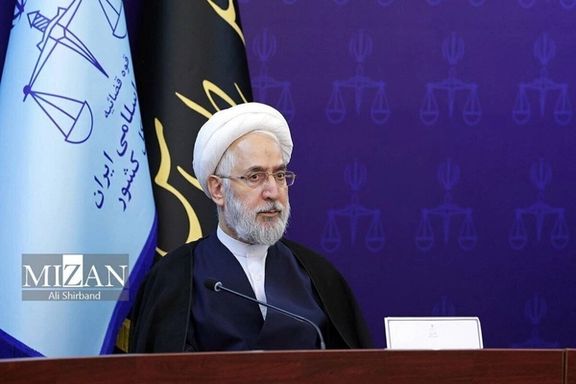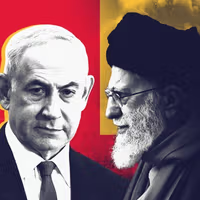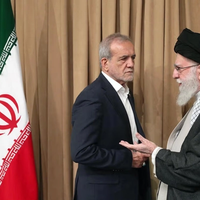Mohammad Movahedi stressed the role of agencies like the Prosecutor's Office in addressing visible infractions, including feigning the breaking of fast or engaging in behavior that according to him “undermines societal values.”
"Deviant behavior is intolerable for the people, particularly those lacking religious awareness or influenced by contrary ideologies," stated Movahedi.
Meanwhile, Mohammad Sadegh Koushki, a prominent political activist known for his hardline stance, criticized the government's response to open fasting-breaking during Ramadan, citing a perceived increase in such incidents.
"We've just completed the second week of Ramadan, witnessing the widest wave of open fasting-breaking in the history of the Islamic Republic," said Koushki, attributing the trend to perceived “negligence” on the part of executive and judiciary leaders.
Koushki singled out government entities, such as the Ministry of Heritage, Ministry of Interior, and Ministry of Roads, for failing to prioritize Ramadan and implement measures to uphold its sanctity and prevent fasting violations.
In recent years, there has been a decline in the number of people observing the Muslim fasting period during Ramadan. However, authorities continue to enforce strict penalties, including arrest and fines, for those who openly flout the rules in public.
During Ramadan, Muslims are required to abstain from food and drink from dawn to dusk, in addition to avoiding actions mentioned in the Qur'an. Law enforcement agencies implement a national plan annually to address Ramadan rule violations, with transgressors potentially facing detention and lashings as part of the consequences.










